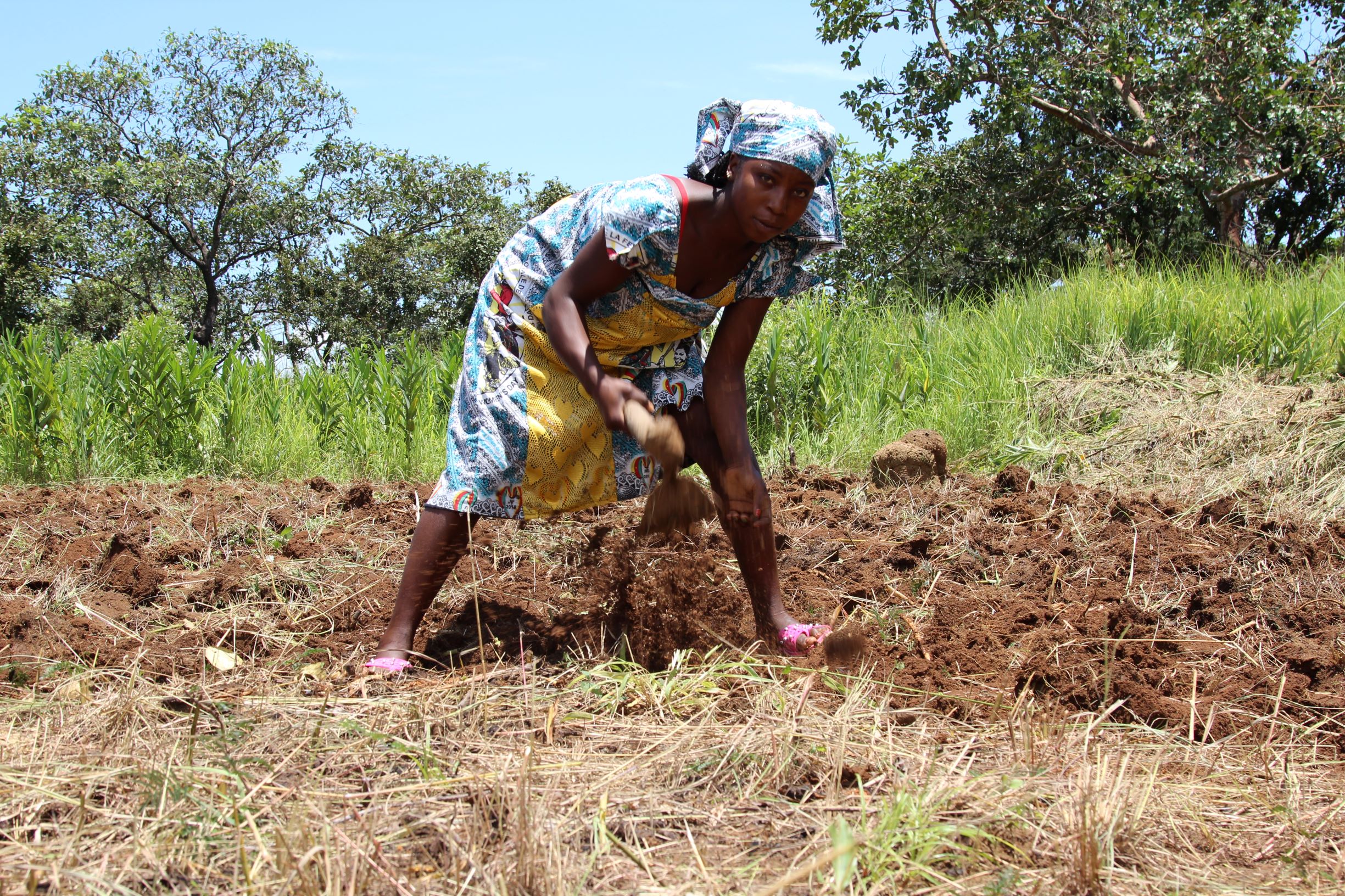|
Getting your Trinity Audio player ready...
|
By Hillary Munedzi
Farmers are being urged to venture into integrated farming and the planting of local varieties that are self-producing in their natural regions, in adjusting to the new normal of record high fertilizer prices.
With Africa faced with a fertilizer crisis, supply chain woes, and climate change impact, experts in the agricultural business suggest potential solutions on the horizon from regenerative agriculture to mixed farming.
Spikes in fertilizer prices started when Russia invaded Ukraine in 2022 and the region is responsible for at least 28% of the world’s fertilizer exports including nitrogen-potassium-and phosphorus-based fertilizers. This has affected small-scale farmers who were already working under tight budgets.
“High prices of input goods mean the whole value chain of crop production has been affected down to the consumer. For small-scale farmers, it’s out of their reach as they can’t afford it, meaning productivity (output) has been compromised, (yields and quality per hectare) food, and nutrition security is affected.
For commercial farmers, the high costs of fertilizer will push the production costs hence downstream, the consumer will bear the costs of the end product.
In some instances, there will be a reduced area of production for most crops as farmers will opt to produce a variety of crops in a reduced area. Some farmers might go for strategic crops or some might go for high-value crops, thereby compromising availability as some goods will become scarce.
“Overall, livelihoods, incomes, food and nutrition security will be affected at household, community, national and regional levels,” said Mr. Bernard Bepe, Business Scheme Manager at Agriculture for Rural Development Authority (ARDA).
There’s a direct relationship with what we are seeing in fuel and fertilizer prices. This is because fossil fuels are used in the manufacturing process of fertilizers — and this is one of the reasons that they can contribute to climate change. Plus, if farmers overuse fertilizers, the chemicals can run off into waterways, causing environmental damage, pollution, and illnesses.
Africa is well resourced with vegetation; it is also high time small-scale farmers start recycling farm crop matter to produce manure through compost making.
“Manuring goes a long way to address soil fertility, structure texture, and moisture retention. With the negative effects of climate change, good and smart agriculture practices will thus reduce pressure on irrigation frequency and subsequently save water and improve crop productivity.
“Regional fertilizer manufacturers have to start looking at expanding organic fertilizer production, which requires fewer chemical ingredients along the production line rather than artificial fertilizers,” said Mr. Bepe.
Farmers are being urged to plant crops that do not require much fertilizer like legumes since the prices of fertilizer have risen by over 300 percent since the invasion of Ukraine by Russia.
“Integrated farming is also another option that farmers need to seriously venture into. Integration can be crop with crop or crops and livestock and use of livestock by-products.
“Expansion of techniques such as mixed farming such of cereals and legumes will go a long way in reducing the pressure of ammonia requirements to crops since the later crop self-fixes nitrogen and replenishes it back in the soil ecosystem. This technique is limited to certain crops such as maize. In some countries, fish production is now integrated with rice production. Fish waste is being used to fertilize the rice at the same time for pest management,” he said.
With the world being faced with the effects of climate change, more drought-resistant crops are being advised to counter the effects of the phenomenon, and African solutions are needed to be executed so that the continent can produce its own food supply chains.
“Local varieties that have been self-producing naturally in their regions are the way to go and also legumes like sugar bean, soya beans, groundnuts Bambara nuts, and velvet beans.
“On small grains, we have sorghum, rapoko, pearl, millet, barley, which are also drought tolerant as we face the negative effects of climate change and on indigenous vegetables, farmers must just go for organic farming which is healthier and sustainable, for example, sunflower,” he said.






